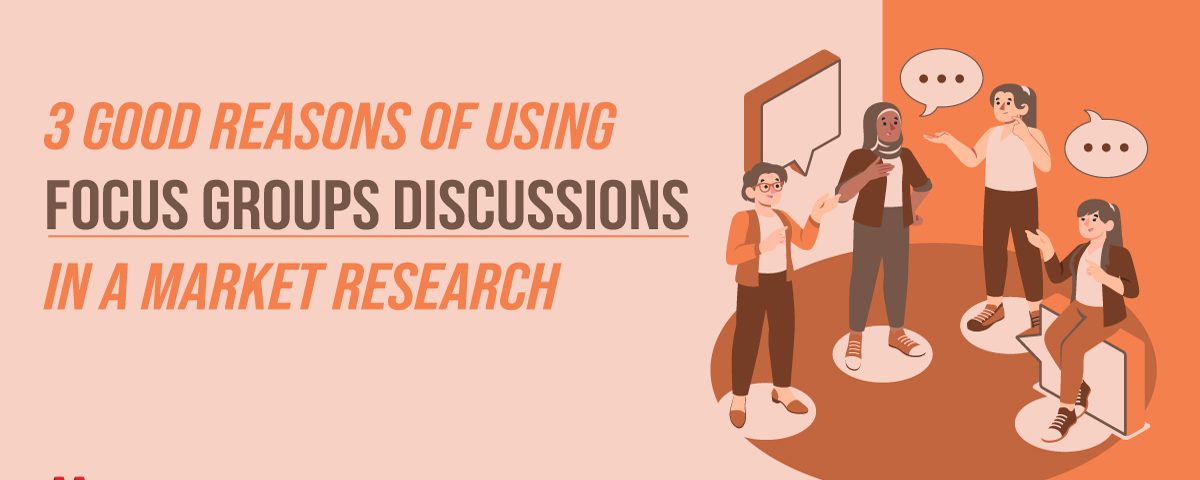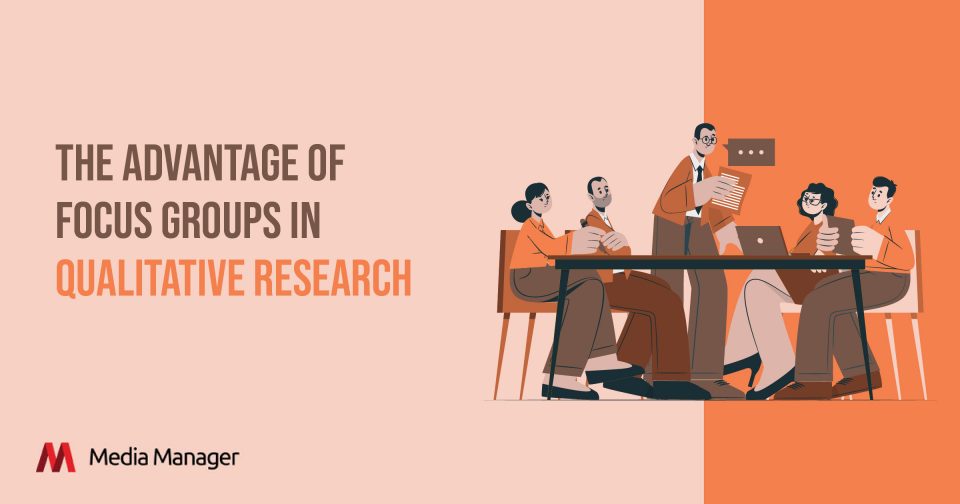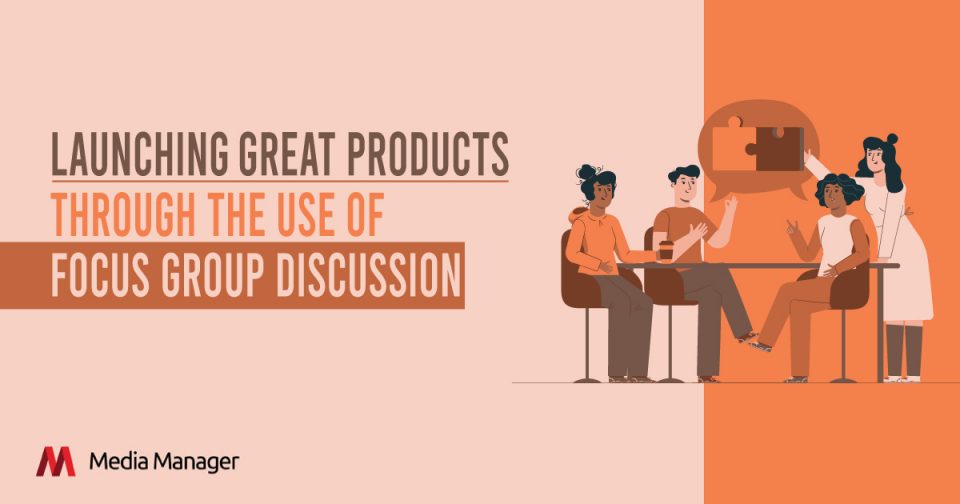
The Significance of Publishing Credible Content on Social Media
August 18, 2022
Ethical Considerations in Conducting Focus Group Discussions
October 20, 2022If you are searching for a marketing strategy that carries features of both surveys and interviews, a focus group discussion (FGD) is what you might be looking for. FGDs have an in-depth line of questioning like in interviews but also give opportunities for the researchers to collect multiple responses at a time like in surveys.

A focus group discussion (FGD) is a collective interview method that maximises the interactive potential of the session to generate insight-rich data from a strategically-selected set of participants. For it to be successful, there should be effective focus group planning which involves the following steps;
- Setting A Clear Purpose. Having a definite and measurable goal will give direction to the study and the discussion itself. Also, in this stage of the process, researchers can determine the type of information needed, its significance, and its implication.
- Optimising the Choice of Participants. There’s a lot to consider when choosing the right set of participants as they will serve as your research’s source of information. Ask yourself or your team what your research objectives are and what group of people the data can come from. In market research, the group usually comprises target customers and potential ones.
- Formulating Probing Questions. You can only get the answers you need if you ask the right questions. The quality of the information you get relies on what you ask and how strategically it is carried out. The flow of questions will begin with opening questions followed by introductory and key questions, and finally, concluding questions.
- Assigning an Experienced Moderator. The moderator’s task is crucial as he or she dictates the flow of a conversation or session. They will oversee the discussion by observing verbal and non-verbal cues, as well as ask supplementary questions designed to open up exchanges of thoughts. They can also use questions to encourage the participants to concentrate on issues or topics being tackled, which are fundamental to the research.
Given its advantages, FGDs can also be utilised as a form of “investment” in information. FGD in market research is an investment because it requires time, effort, and budget from the company to draw out essential information, which can be used to improve their products or services. Apart from being useful in market research, the FGD method has more to offer.
FGD helps businesses make better decisions based on collected data
Co-creation is one of the most compelling advantages of having a focus group. Singapore agencies are among the leading research service providers in Asia that utilise FGDs to discover ideas in real-time, whether through face-to-face methods or online conferences. Since FGDs have interactive feedback throughout the whole session, researchers can uncover ideas and concerns that may be overlooked or not considered by business owners but are significant to customers. This meticulous data-gathering process aids the decision-making process to ensure business owners understand what their customers want.
According to a study, when people gather to talk about something, their contributions and understandings will be enriched by the group dynamic. Focus group discussions serve as a venue for participants to give in-depth insights and express themselves and their answers in an open discussion environment. That can be used by researchers to understand consumer behaviour and align their decisions accordingly.
FGD offers both time and cost efficiency
Just like in any other data-gathering procedure, focus groups require time and money to organise and execute. However, if done strategically and effectively, such costs can be mitigated by the benefits you can get. Instead of guessing what the market wants, conducting focus group research will save you time and money from doing trial-and-error with products or services. You are also able to reach more people with diverse demographics through online focus groups while still having the option to conduct it traditionally in any market research facility.

FGDs present high-quality information for reference
One of the most important takeaways businesses can get from focus groups is the collection of useful insights from target market representatives they can get. These can be recorded via video, audio, or both can be transcribed into text form, and are useful for considering user wants and needs when brainstorming for new products and services. This data is then processed by a focus group panel which consists of researchers, analysts and marketing experts to create meaningful insights that decision-makers can use.
Conclusion
Focus group discussions serves many purposes when it comes to research but there is no one “best” way of doing it. It is important to know when to use it and how to conduct it properly to maximise the information your organisation or business can get from in-depth conversations with your target market representatives.
Focus group can be done easily with efficient and reliable research agencies such as Media Manager, a Singapore digital marketing agency that specialises in user experience, focus groups, and market research. To know more about us, reach out at https://www.mediamanager.com.sg/contact/.



